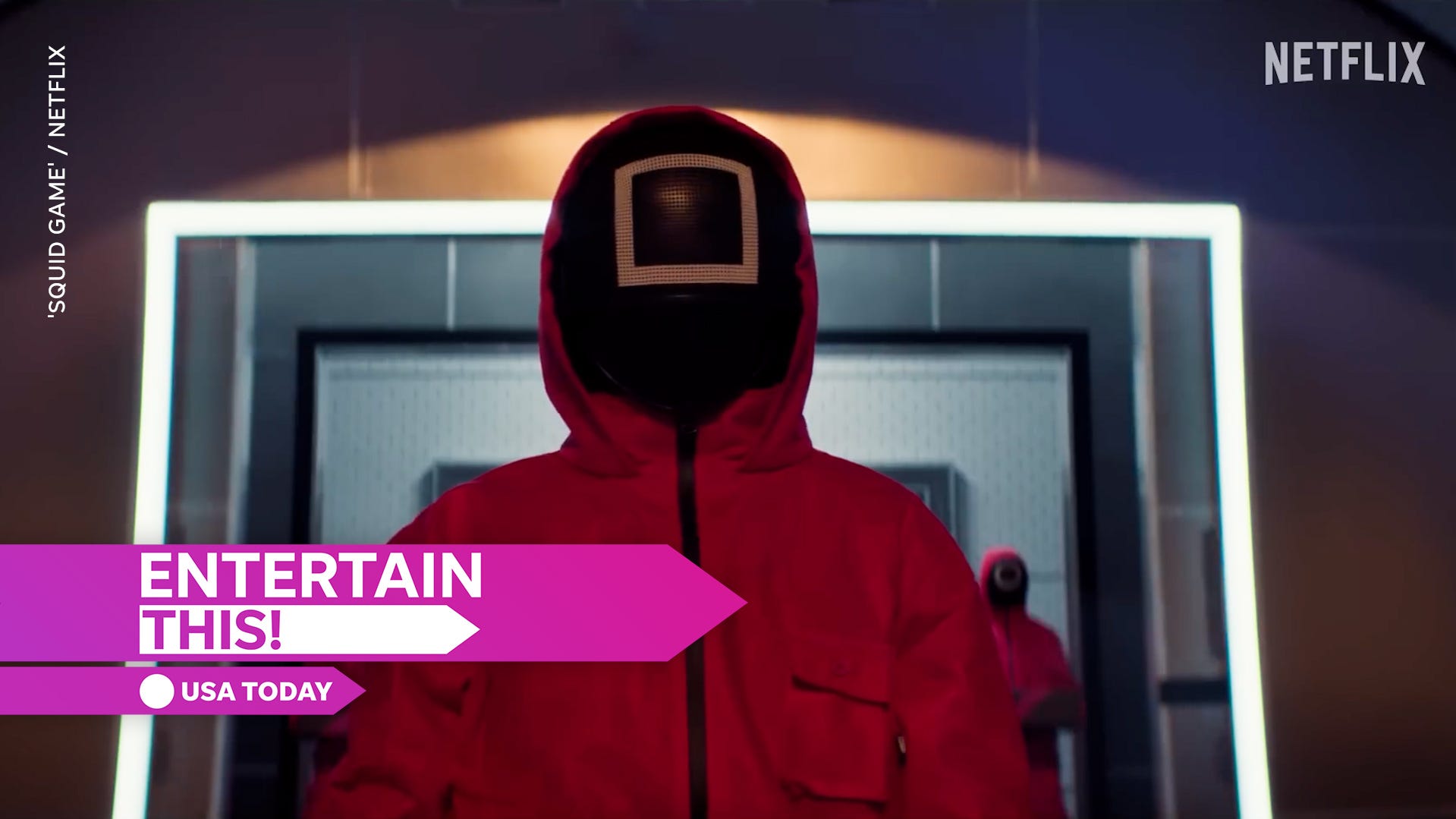Why Joanna Gaines cried over frontier reality series: 'I'm not a crier, but I felt it'

When Joanna Gaines arrived on the set of her new reality TV series, which transports three families on horse and buggy to the 1880s, tears spilled down her cheeks.
Four weeks into the experiment in giving up modern comforts like electricity, an indoor bathroom and even toilet paper, families on “Back to the Frontier” (Thursdays, 8 ET/PT on Magnolia Network and streaming on HBO Max) began thriving. They did “Mini Reni”s on their cabins, set on 10,000 acres near the Rocky Mountains, maintained their own gardens and learned how to cook on a wood-burning stove.
“I'm not a crier, but I felt it,” Joanna says of the eight-episode project, which she produced with husband Chip Gaines. “I felt this sense of peace; I felt home. The idea that these three families got out of their busy rut and got to have this experience of eight weeks together going through the hard, going through the beautiful, it was like this spiritual experience that I felt for these families.”
While “Back to the Frontier” might remind you of CBS' 25-year-old reality series “Survivor,” it’s not a competition series. Instead of a cash prize, participants walk away with the experience, the way it changes their families and newfound resiliency and knowledge. And boy, are they proud. The families excitedly showed off their handmade projects during Chip and Joanna's set visit and introduced their chickens. (The Gaineses do not appear on "Back to the Frontier.")
“It felt like Christmas,” Chip says, “in the sense that when you're dragging somebody to see this thing that I got.”
“Our lives these days aren't conducive to that sometimes − the slowing down, the learning, the doing the hard − we all kind of try to push that away," Joanna says. "So the fact that these families really have no choice but to face this head on and then create this beauty out of the challenge … I left going, ‘This is such a special experience.’”
But the experience was understandably not free from obstacles. It took time for the Lopers from Alabama, the Hanna-Riggs from Texas and the Hall family from Florida to adjust to life on the frontier, “because for the first four weeks it was that detox,” Joanna says. “It was that uncomfortableness, that 'Where do we fit here?' And finally that broke, and now they were getting into their stride and they were getting confident and they started feeling at home.”
Stacey Loper, a mom who arrived toting a Louis Vuitton bag, struggled with the outhouse and lack of indoor plumbing. The women of the Hall family – mom Lina and her daughters, Mia and Zoe – were reluctant to surrender their makeup. Lina cried, her beauty products serving as a security blanket of sorts.
“As a man, I got teary eyed when those three women − obviously the young girls and then the mom − were like, ‘Wait, no makeup?’" Chip says. "And at first, they kind of thought, ‘Oh, this is funny. Maybe it's a joke,’ or however, they were reacting at first. But then when she started kind of working through like, ‘Am I confident enough to be out here … without makeup?’”
“I think for women,” Joanna adds, “when you take that away, it's like, 'Wow, I'm down to the rawest version of myself emotionally, physically, spiritually, on every level.'" But without the things you rely on, like makeup or technology, you’re forced to grow, and that’s where the magic of the series happens.
Joanna says sometimes at home she and Chip put their phones away for the weekend. There’s the hour of “‘Well now what do I do?’” she says. But then the options open up. “You can do something in the garden. You can make something. You start getting creative and curious again,” she says. “This idea of like, how capable we are as humans, you just don't know that until you're sometimes forced into that.”
“Back to the Frontier” won’t likely inspire viewers to “go to the Rocky Mountains and live somewhere for eight weeks as a family with cameras around,” Joanna acknowledges, as Chip laughs. “But if it means on a Sunday, put your phones up and let's see what we can create together. Let's see what we can do together. Even if it's just one day, just that impact could be huge for families.”